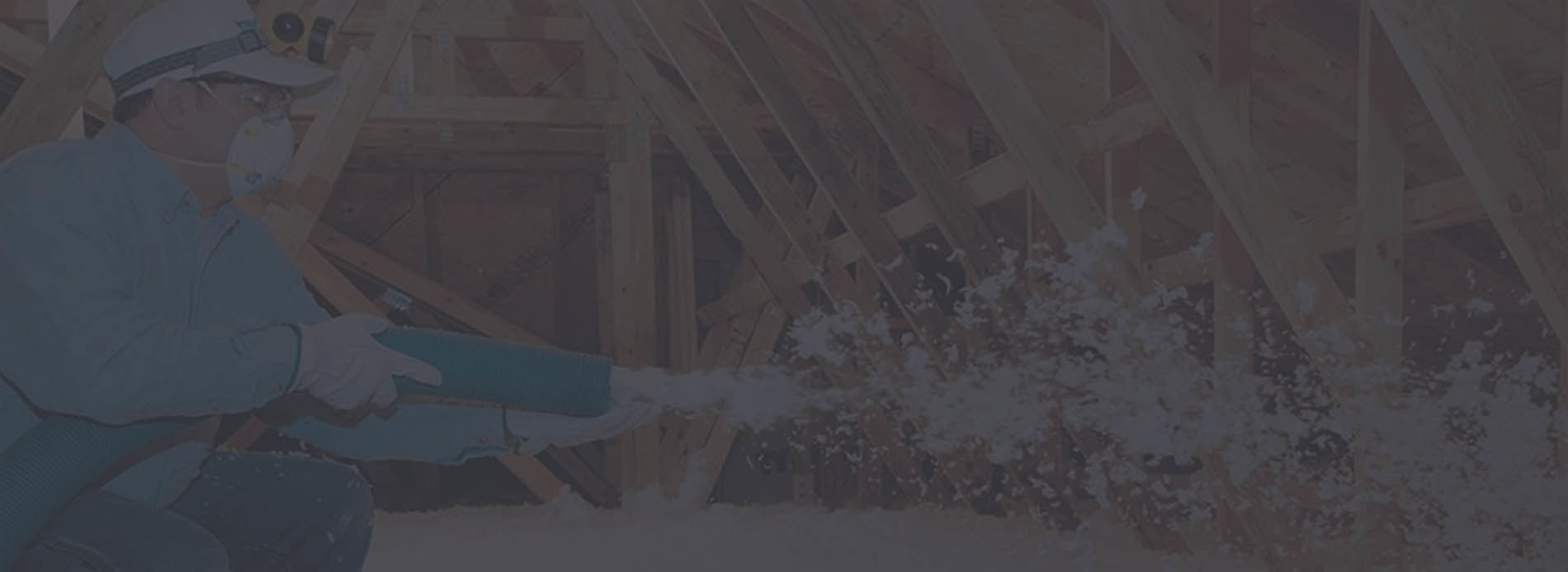
Insulation FAQ’s
NetZero Delivers Spray Foam Insulation Solutions in Denver, CO
NetZero Insulation has helped Denver homeowners renovate their houses and improve energy efficiency for almost 30 years. We have contributed to projects spanning do-it-yourself remodels to commercial renovations, becoming the most knowledgeable insulation contractor in Denver. We will gladly provide you with the resources and information necessary to fix drafty or overly warm portions of your home and improve its overall energy efficiency.
What does R-Value mean?
R-value describes insulation’s resistance to heat flow and may also be called thermal resistance. Greater insulating power is associated with higher R-values. The measurement is determined based on testing methods created by the American Society of Testing and Materials (ATSM), which factor thickness, material, and installed weight per square foot into the assessment.
Will my energy bills decrease because of added insulation?
Insulation will reduce your home’s energy consumption, thus lowering your utility bills. The U.S. Department of Energy (DOE) estimates that homeowners could reduce their energy costs by up to 50% by taking measures such as increasing the amount of thermal insulation in their homes. Total cost savings will depend on factors including your climate, the size and shape of your home, and the efficiency of your HVAC system.
How much insulation should my house have?
Insulation recommendations are based on climate zones, as well as the area of your home that needs to be insulated, the age of your home, and the type of HVAC system you are using. The DOE has determined guidelines for insulation based on where you live. You will require a higher R-value of insulation the farther north you are. It is also important to be aware of building code requirements when deciding how much insulation to use.
What is the best insulation for my house?
The three top choices of material to insulate your house is spray foam insulation, fiberglass, and cellulose. Spray foam is slightly more expensive than the alternatives, but it will improve your home’s energy efficiency by creating a seal against air movement. Spray insulation is capable of expanding up to 100 times its original size to fill any crevice in your attic, joints, or walls. Fiberglass is an inexpensive do-it-yourself option, but its tiny fibers can be inhaled or embedded in your skin. It will not protect against airflow into the attic, which can raise your energy bills. Cellulose is another relatively inexpensive option. However, it may settle up to 20% and can shift after installation.
How long does insulation last?
The different types of insulation have varying lifespans. The International Association of Certified Home Inspectors claims that spray foam insulation can last for more than 80 years, while fiberglass and cellulose insulation may last for up to 100 years. To maximize the lifespan of your insulation, it is critical to prevent degradation that can be caused by water, mold, or dirt. Spray foam insulation seals air leaks, which can prevent water from entering your attic and leading to mold growth. Spray foam is also less susceptible to humidity damage.
What does insulation do for me?
Insulation has a multitude of benefits for you and your home. Installing or adding insulation will improve the energy efficiency of your house and consequently reduce the strain on your HVAC system. These factors will result in a lower utility bill and higher home value. Additionally, insulation will reduce unwanted sound, leading to a more comfortable, quieter environment. Adding spray foam insulation can also improve your indoor air quality and the structural integrity of your home.
Is insulation safe to do yourself?
Spray foam insulation has several advantages to other forms of insulation but must be installed correctly to ensure that you produce those benefits. It is important that the chemical components of the expanding foam insulation are at the correct temperature and properly mixed before being sprayed. Adhering to chemical guidelines will improve the spray foam’s performance. If you mix the spray foam’s components at the wrong ratio or incorrect temperature, it may leave cracks or gaps. If installing insulation yourself, be sure to follow instructions precisely to avoid being left with a poorly-insulated home.
Will I get a return on an attic insulation investment?
A “Cost vs. Value” report in the January 2016 issue of Remodeler Magazine evaluated the return on investment that homeowners can generate from a variety of home improvement options. The study determined that adding insulation to your attic can increase your home value by as much as 117%. That figure does not also include the savings that you will reap while you live in the home as a result of decreased energy bills.
